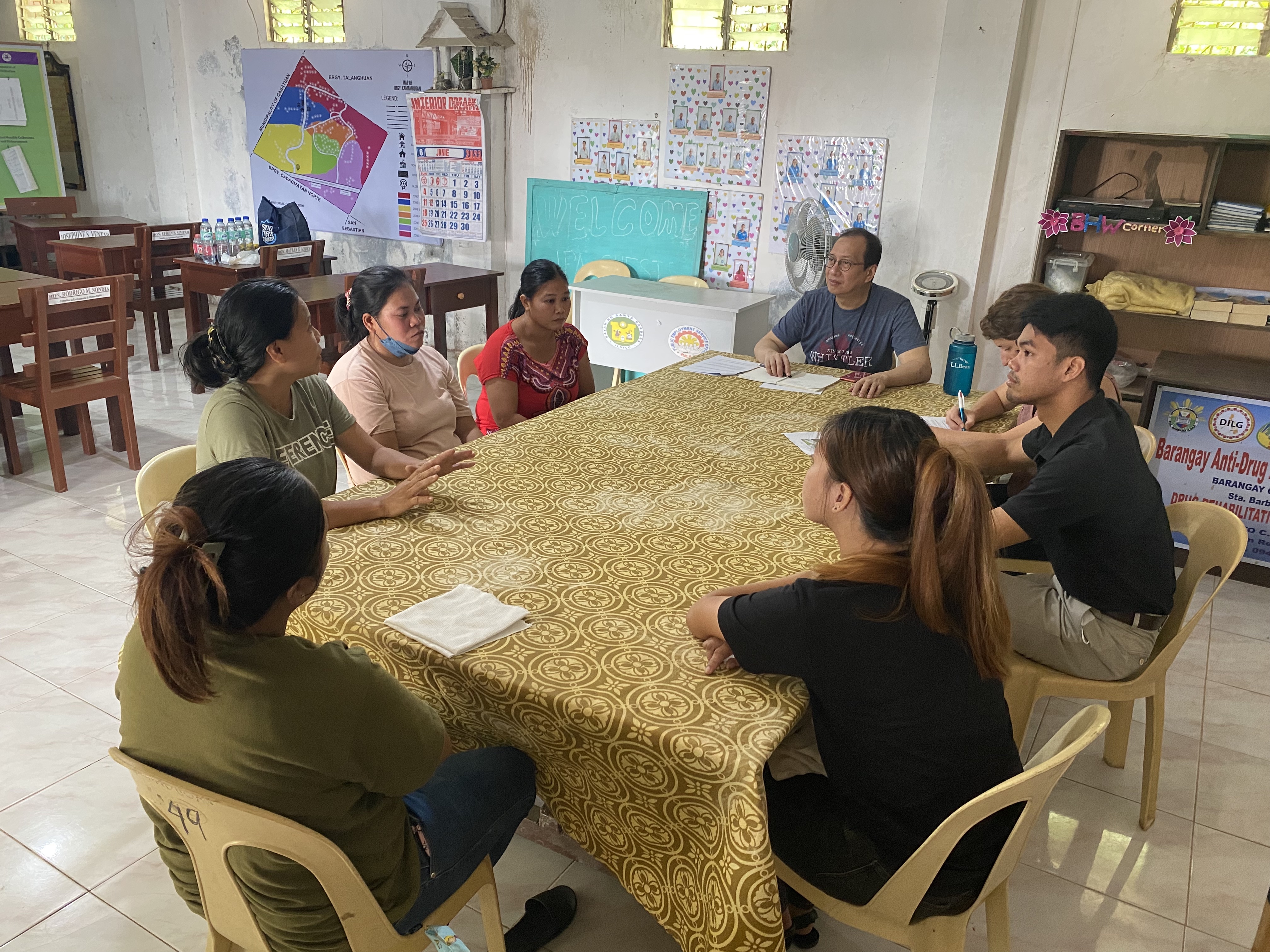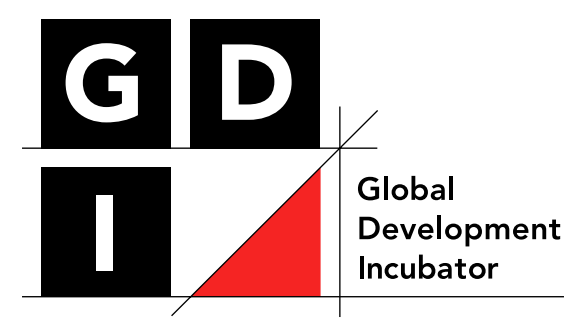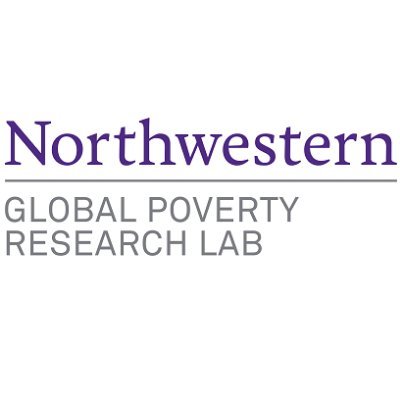Measuring the Impact of Aspirations Interventions on Economic and Psychosocial Well-being in the Philippines

Researchers in the Philippines are testing variations of aspiration interventions through videos and group discussions and evaluating their impacts on poverty reduction and psychological and social well-being. They are also measuring whether these interventions impact inclusive growth indicators at the community level.
Poverty is multidimensional, with economic constraints often accompanied by a range of challenges stemming from social exclusion and limited access to information and opportunities.1 As a result of these challenges, people in poverty may be less likely to have high aspirations for their future, a sense of agency over their fate, or the social support needed to make progress.2 These are psychosocial assets that influence not only well-being but also economic potential.3 Recent research suggests aspirations interventions may provide cost-effective tools for improving individuals’ economic outcomes, but a better understanding is needed of which types of aspirations programs best achieve impact at scale.
In collaboration with the Global Poverty Research Lab (GPRL), Northwestern University, GDI Solutions, The Agency Fund, and International Care Ministries, researchers in the Philippines are testing two variations of aspiration interventions in the form of videos shown to participants. The first video models the pursuit of individual goals. The second video models individual and collective goals. Both are followed by guided group discussions based on hope interventions. These interventions are designed to empower participants through goal setting and laying out pathways towards achieving these goals, while overcoming setbacks through self and/or collective efficacy. Each intervention is designed to be low-cost and scalable. Primary outcomes of interest are individuals’ and households’ economic mobility, psychological well-being, and social well-being. Researchers will also measure the impacts of the intervention on inclusive growth at the community and societal levels, such as social cohesion, attitudes toward inequality, redistribution, and people in poverty, and community-minded behaviors.
Over 8,000 women from 315 barangays (villages) in the Western Visayas region of the Philippines have been randomly selected to receive either of the two aspirations interventions or receive no intervention and serve as the comparison group. Some women will also be offered the opportunity to participate in a multi-faceted graduation program implemented by International Care Ministries, and researchers will measure whether aspiration interventions have any effect on take-up or success of the graduation program. Outcomes on women’s psychosocial and economic well-being will be measured through the twenty-year Philippines Socioeconomic Panel Survey (PSPS) with regular in-person surveying scheduled every four years, as well as surveys in between.
Results will be available in 2025.
Sources
1. Sheehy-Skeffington, Jennifer, and Jessica Rea. How poverty affects people's decision-making processes. York: Joseph Rowntree Foundation, 2017.
2. Dalton, Patricio S., Sayantan Ghosal, and Anandi Mani. "Poverty and aspirations failure." The Economic Journal 126, no. 590 (2016): 165-188.
Jachimowicz, Jon M., Erin L. Frey, Sandra C. Matz, Bertus F. Jeronimus, and Adam D. Galinsky. "The sharp spikes of poverty: Financial scarcity is related to higher levels of distress intensity in daily life." Social Psychological and Personality Science 13, no. 8 (2022): 1187-1198.
Ridley, Matthew, Gautam Rao, Frank Schilbach, and Vikram Patel. "Poverty, depression, and anxiety: Causal evidence and mechanisms." Science 370, no. 6522 (2020): eaay0214.
3. Orkin, Kate, Rob Garlick, Mahreen Mahmud, Richard Sedlmayr, Johannes Haushofer, and Stefan Dercon. Aspiring to a better future: can a simple psychological intervention reduce poverty?. No. w31735. National Bureau of Economic Research, 2023.
Partners















